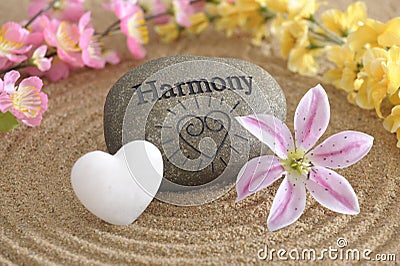“How do you feel in your body?”
How many times have you heard that question, from a Somatic therapist? It can be a useful question, but not always an easy one to answer, especially if you are not used to attending to bodily sensations.
Most of us aren’t. Body awareness is not something we are trained to tune into, in our modern society. If we live our days working in a cubicle and staring at a screen, rarely moving our bodies, then awareness of how we might feel in our bodies doesn’t serve much practical use for our job. It can atrophy, like a muscle that is not used, leaving us feeling disconnected from the world around us an unable to fully engage with ourselves.
Add potential traumas into the mix, and body awareness can become even more difficult. Disconnection from the body can be a helpful coping mechanism, so that we do not feel what we are experiencing during a traumatic event. When sensory experience has been shut in order to survive, turning it back on can be extremely difficult. It doesn’t happen over night.
Body awareness, however, is with us all the time. Our body tells us when we are hungry, when we are tired, and when we want to get up and move. It tells us when we are enjoying an experience. We may know that we love walking in the woods, but how do we know that? So many things may be happening at once, as we take our first hike of the spring season. Our chest may expand, as we take a deep breath of mountain air. We might feel our shoulders drop as tension releases. Or, our pulse may quicken with excitement as we think about the adventure ahead. All of these sensations are how we experience love for the mountains, and most of us only experience them on a pre-conscious level.
 When we attune to sensations consciously, we learn to deepen pleasure. We also learn to attune to signals that tell us when something is unsafe, or undesirable. Let’s just say that we found a new hiking trail, but suddenly felt a cold, prickly sensation on the back of our neck. We may have an impulse to avoid that hiking trail. Why? Is the trail unstable? Are there mountain lions nearby? Our ability to sense these things is instinctive, and uncanny. The more we learn to trust our bodies, the more we empower ourselves to do what we need to do, in order to feel safe.
When we attune to sensations consciously, we learn to deepen pleasure. We also learn to attune to signals that tell us when something is unsafe, or undesirable. Let’s just say that we found a new hiking trail, but suddenly felt a cold, prickly sensation on the back of our neck. We may have an impulse to avoid that hiking trail. Why? Is the trail unstable? Are there mountain lions nearby? Our ability to sense these things is instinctive, and uncanny. The more we learn to trust our bodies, the more we empower ourselves to do what we need to do, in order to feel safe.
There are many of reasons why I’m a Somatic therapist. Helping people learn to trust their instincts is one of the biggest ones. It’s the key to setting better boundaries, having healthier relationships and doing better self-care, overall.
Therapy isn’t all about “How do you feel in the body?” However, a list of sensory words can help people who are new to Somatic therapy…or who have found it difficult in the past. So, for your reference, here is a list of words that some people have used to describe their experience:
| Achy | Frozen | Raw |
| Airy | Full | Rolling |
| Alive | Fuzzy | Shaky |
| Bloated | Goose Bumpy | Sharp |
| Blocked | Gurgling | Shimmering |
| Breathless | Hard | Shivery |
| Brittle | Heavy | Shudder |
| Bubbly | Hot | Silky |
| Burning | Icy | Smooth |
| Buzzing | Intense | Soft |
| Chilled | Itchy | Spacious |
| Clammy | Jagged | Spacious Breathing |
| Closed | Jittery | Spasming |
| Cold | Jumbly | Sticky |
| Congested | Jumpy | Still |
| Constricted | Knotted | Stretchy |
| Constricted Breathing | Light | Stringy |
| Contracted | Limp | Strong |
| Cool | Loose | Suffocating |
| Cozy | Nauseous | Sweaty |
| Cramped | Numb | Tender |
| Dense | Open | Tense |
| Dizzy | Paralyzed | Thick |
| Dull | Pounding | Throbbing |
| Elastic | Pressure | Tickly |
| Electric | Prickly | Tight |
| Empty | Puffy | Tightness of skin |
| Energized | Pulled | Tingling |
| Expanding | Pulsing | Trembling |
| Faint | Quaking | Twitchy |
| Fluid | Quiet | Vibration |
| Flushed | Quivering | Warm |
| Fluttery | Radiating | Weak |
| Frantic | Ragged | Wobbly |
You can bring these words to therapy. You may find that you wish to delete the ones that don’t work for you, and add some new words of your own. As you continue to explore the world of body sensations, you may end up creating a list that is uniquely yours.



 I recently ran across this
I recently ran across this 


 In
In 